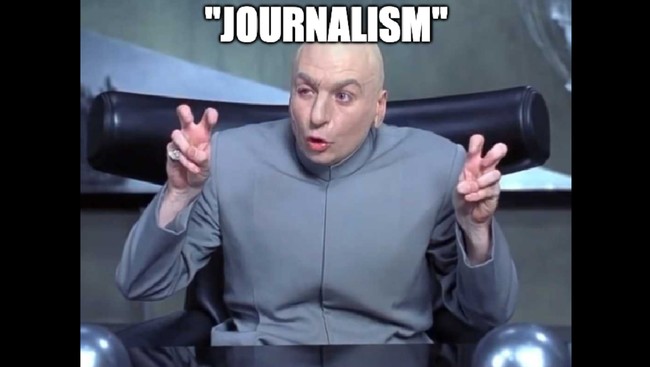Earlier this month, Aaron Rupar, an independent journalist, made a bold statement, declaring his intent to be unapologetically outspoken during this election cycle, framing it as a choice between democracy and authoritarianism. But what does this declaration entail? Is it merely a vow to continue sharing out-of-context video clips, a tactic he’s been criticized for before?
In response to a statement by the Biden-Harris campaign, labeling Trump as “feeble, confused, and tired,” Rupar pointed out what he perceived as an instance of Trump’s confusion. He shared a video clip where Trump seemed to suggest that Andrew Cuomo, not Kathy Hochul, was the current governor of New York.
Despite Cuomo’s name not being explicitly mentioned in the clip, Rupar asserted that Trump’s repeated reference to the “current governor” was indicative of Cuomo being on Trump’s mind.
did Trump just claim Andrew Cuomo is the current governor of New York? pic.twitter.com/XrJsMKIToQ
— Aaron Rupar (@atrupar) March 25, 2024
However, some Twitter users challenged Rupar’s interpretation, noting that the clip was actually referencing Letitia James’ previous gubernatorial campaign against Kathy Hochul. They accused Rupar of misunderstanding the context and spreading misleading information.
Critics further lambasted Rupar for his involvement with the White House, suggesting that his misinterpretation reflected poorly on his consulting role. Others questioned the validity of Rupar’s assertion, highlighting that Trump never directly mentioned Cuomo in the clip.
https://twitter.com/saras76/status/1772332472308482288
In the midst of the debate, some users urged for clarity, asking for evidence of Trump explicitly mentioning Cuomo as the current governor. They criticized the strategy of portraying Trump as senile, questioning its effectiveness.
The episode underscored the contentious nature of political discourse, with individuals like Rupar attempting to shape narratives through the selective sharing of information, while others scrutinize these efforts, calling for adherence to factual accuracy.


